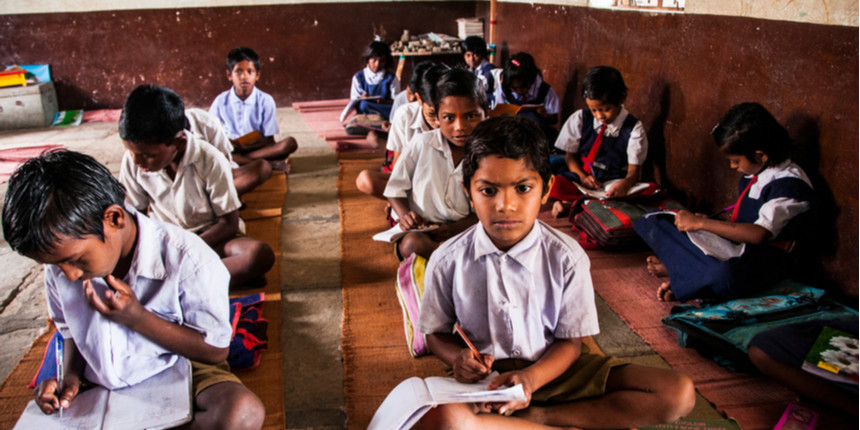School enrolment likely to fall till 2025 due to population decline: NCERT Study
Atul Krishna | September 2, 2022 | 12:30 PM IST | 2 mins read
NCERT’s report on school enrolment is meant to guide policy makers, planners and researchers.

NEW DELHI: Student enrolment at the primary level–Classes 1 to 5– started decreasing from 2011 and will continue to decrease till 2025 due to fall in population, a study conducted by the National Council of Educational Research and Training (NCERT) predicts.
It also noted that the enrolment of Scheduled Caste (SC) and Scheduled Tribe (ST) students also declined leading upto 2011 and went to negative during 2011-2016. The study said that this fall in enrolment is due to a decline in population.
The study, Projection and Trends of School Enrolment by 2025, said that the overall enrolment will drop by about 15 percent for both boys and girls from 2011 to 2025. The report is intended to guide policy-makers. At the policy level, there’s already a push for closing and merging schools with low enrolment across states. The National Education Policy (NEP) 2020 also explicitly pushed for merging schools into school complexes.
“The growth in enrolment at the primary stage continued up to the year 2011. Since 2011, the enrolment has been declining and it will continue till 2025. During the period from 2011 to 2025, total enrolment decreased about 14.37 per cent of which boys’ enrolment decreased by 13.28 per cent and girls enrolment by 15.54 per cent,” the study said.
The study pointed to the fall in child population as the reason for the fall in enrolment rate.
“ It is seen that in the population census (2011), the growth rate of population declined especially in the case of the child population… As a result, the gap between enrolment and population also decreased,” the report noted.
School Enrolment: SC, ST
According to the study, the enrolment of SC, ST children at the primary level grew by more than 43 percent and 90 percent respectively between 1980 to 1990. In the next two decades—1990-2000 and 2000-2010– the enrolment of SC, ST children started falling.
During 2011-2016, SC and ST children’s enrolment at the primary stage “slid down to negative, that is. -5.27 per cent and -12.20 per cent, respectively”, the study said. It said the pattern of decline “is very similar to India’s enrolment (total) pattern” and hence pointing to the decrease in population.
It said that for the upper primary stage, the enrolment rate of SC children will remain stagnant after 2020-21 and that the enrolment rate of ST students will decline till 2021 and will remain stagnant for a few years.
“After 2016-17 to 2020-21, the enrolment of scheduled caste children was projected to be uniform in all the stages. It may be due to stagnancy in population. In case of enrolment of scheduled tribe children, downfall in enrolment at primary, upper primary and secondary stages is projected but the rate will further go down. After 2027, it may remain unchanged for years,” the study said.
The study used data from the Unified District Information System for Education (UDISE), All India School Education Survey conducted by the NCERT and various education statistics published by the education ministry.
The study, however, notes that “there was much fluctuation and inconsistency” in the UDISE data and that it was very difficult to observe any proper trend “due to ups and downs in the source data”.
Follow us for the latest education news on colleges and universities, admission, courses, exams, research, education policies, study abroad and more..
To get in touch, write to us at news@careers360.com.